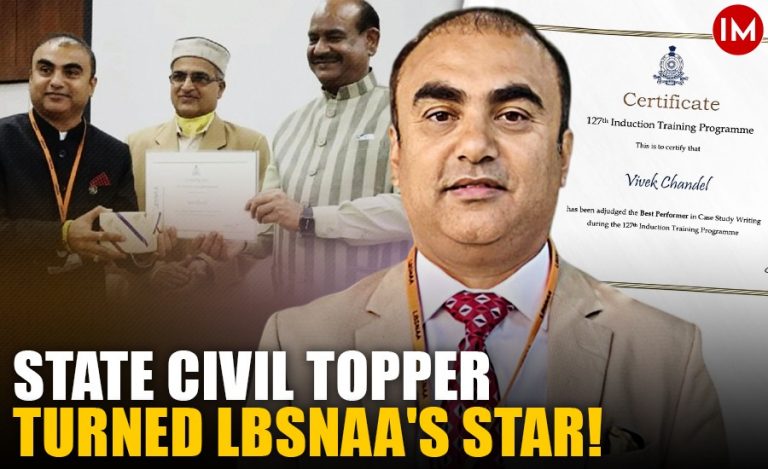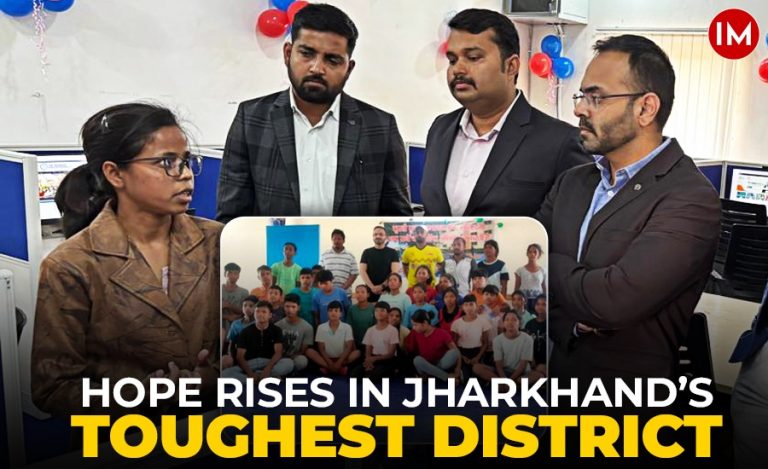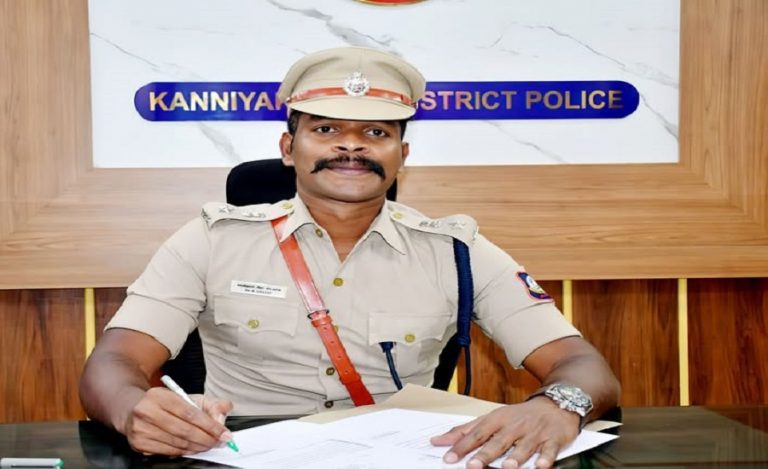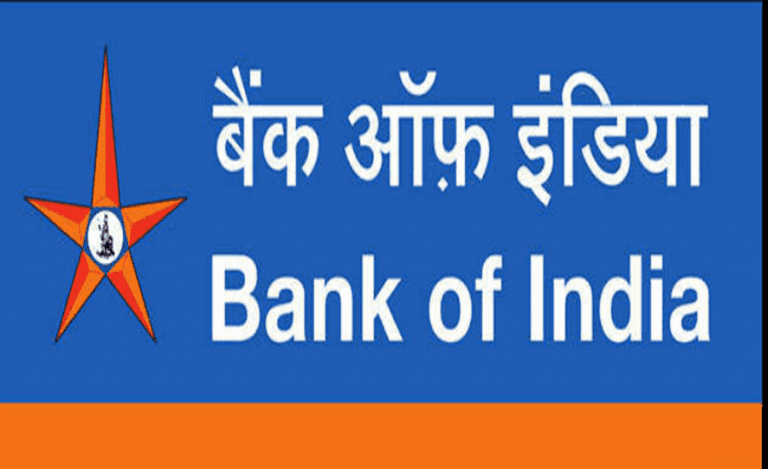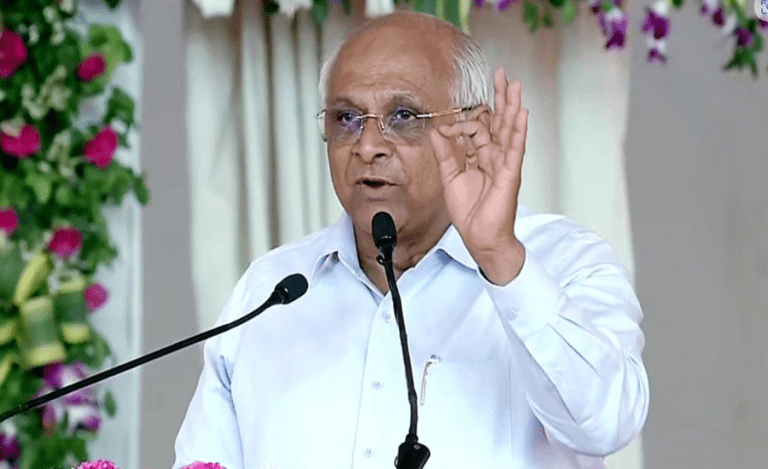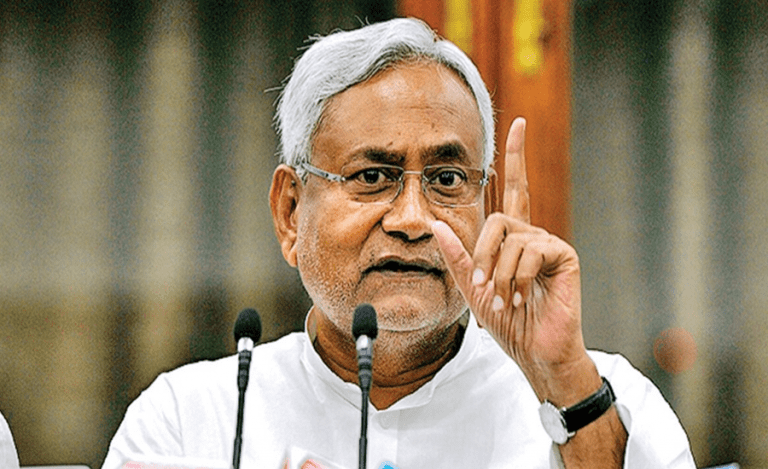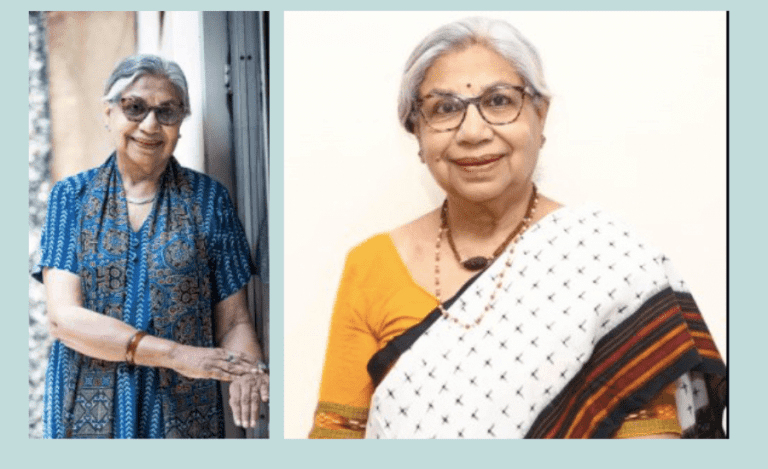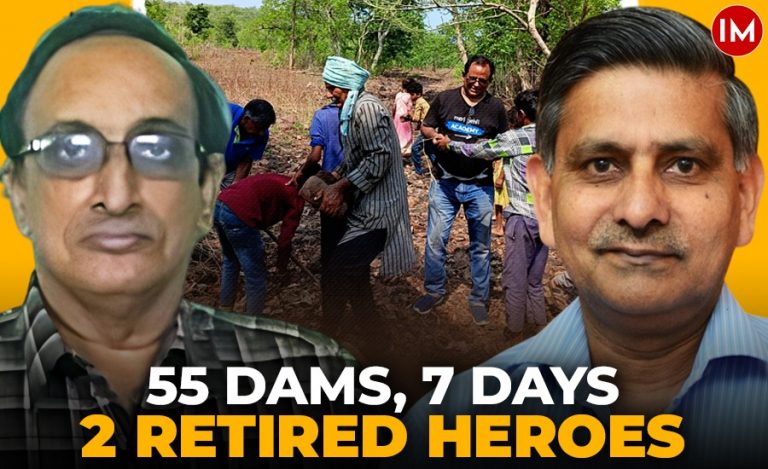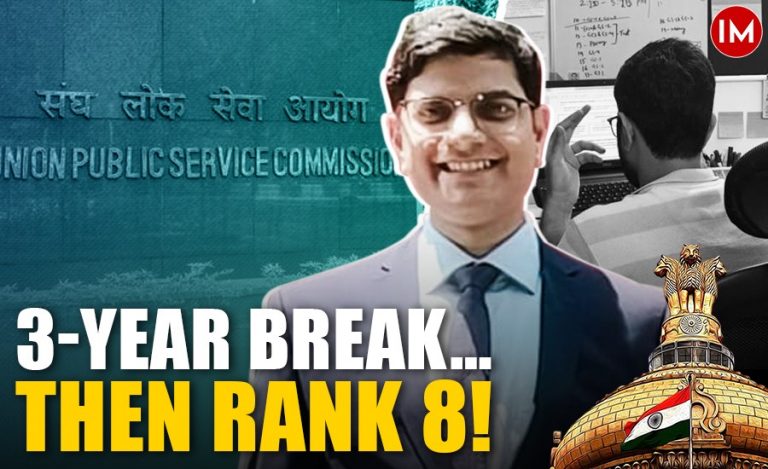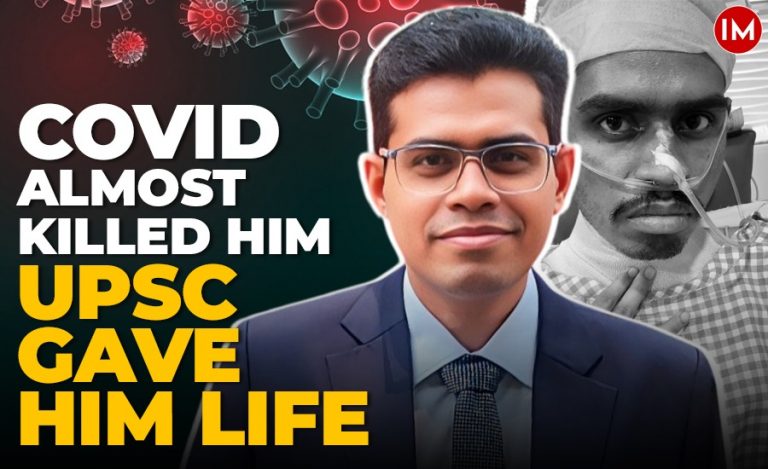Sashi Wapang Lanu is an Indian Revenue Service Officer (Customs and Excise) who is currently serving as Joint Commissioner, Central GST, in Dimapur, Nagaland. After working for 12 years in civil service, he feels that this isn’t the only way to be successful or find validation in life. It disturbs him to see how the students, especially from frontier regions like Ladakh and Nagaland, are pressurized by their families to prepare for exams like the UPSC in order to find job security and also because of the unavailability of private-sector jobs in these regions. This eventually leads them into wasting the peak years of their life, he feels.
STOP PUSHING CHILDREN TOWARDS GOVT JOBS
The officer gives example of his father. How after his father completed his engineering degree in the late 1970s, there was a government job waiting for him in Nagaland. Back then, government service was the only available career choice for Nagas as there was hardly any presence of the private sector. Factors such as insurgency could have played a role in suppressing the growth of the private sector. He explained, “A government job, therefore, was the only kind of employment my parents’ generation had seen and they were often told ‘Study hard if you want to get a government job or else you will have to go back to farming in the fields’.”
He says times have changed now with the availability of myriad career options beyond government service, even in Nagaland, but what hasn’t changed is the static mindset. He pointed out: “Today, the number of college graduates has increased manifold while available government jobs have decreased. No doubt the government needs to attract talented minds but this tendency of pushing all children to go for only government service is lopsided. It’s society at large which will suffer in the long run when other career avenues don’t develop.”
OVER GLORIFICATION OF UPSC EXAM
He says the competitive exams like civil services exam are so much glorified. “I am against glorifying any particular career as the only or best way to be successful or to find validation in life. I have often compared competitive exams to a story where all the animals of the jungle are being lined up and told that whoever climbs up the tree fastest wins. As much as the country needs to attract the best minds to join the bureaucracy, the civil services are not meant for everyone. Yet, in Nagaland, parents have placed undue pressure on a generation of children to try and fit into the UPSC/NPSC (Nagaland Public Service Commission) mould to crack these difficult exams.”
He admits that no doubt exams like the CSE offer many aspirants the opportunity to climb up the social ladder or break the chain of poverty that may have haunted their families for generations. But, at the same time, he added, “For our generation, many lives have already been affected by this collective obsession for the civil services. However, I am hopeful that for our children, we won’t burden them with this same obsession.”
WON’T FORCE HIS SONS TO SIT FOR CSE
The 40-year-old officer says he will never push his two sons to write UPSC or any other exam that secures them a government job. He says that he will encourage whatever career path they decide to choose. “I will sit with them and help them see the pros and cons of the career paths that they are interested in. For my generation in Nagaland, we have been repeatedly pushed toward writing these exams. ‘At least write it once and see how it goes’ has been a common refrain of many Naga parents. I definitely won’t be pushing my boys to write the civil service exams or telling them to even attempt the exams when I know they’re interested in other careers.”
APPRECIATE OTHER CAREER CHOICES TOO
Suggesting some ways to prevent the overall obsession, he says that success stories of other career choices need to be highlighted and told as loudly as civil services success stories. In Nagaland, he has observed, there is a tendency to have mostly civil servants as role models. He asks: “Why not celebrate entrepreneurs as role models, too?”
He points out the need to develop appreciation for all career choices. At the same time, we also have to take into account aptitude and capability when making career choices and not simply follow the crowd. “For example, I never felt I had it in me to be a police officer. I just didn’t have the temperament and capability. So, while filling out my option of choice of services, I left out the IPS. By rank I was getting IPS, but I never opted for it despite the fact that it is considered a prestigious and powerful job by society. I believe one needs a certain aptitude to work in the police,” he says.
ABOUT THE OFFICER
Sashi Wapang Lanu was born in Mokokchung town of Nagaland and brought up in Kohima. Both his parents worked in the government service. His father was an engineer with the state Public Works department and mother, an employee of the education department. He did his schooling at Mount Hermon School in Darjeeling and pursued a degree in electronics and communication from an institute in Bengaluru. He worked as a lecturer in the Institute of Communications and Information Technology in Mokokchung for a year before joining civil services.


